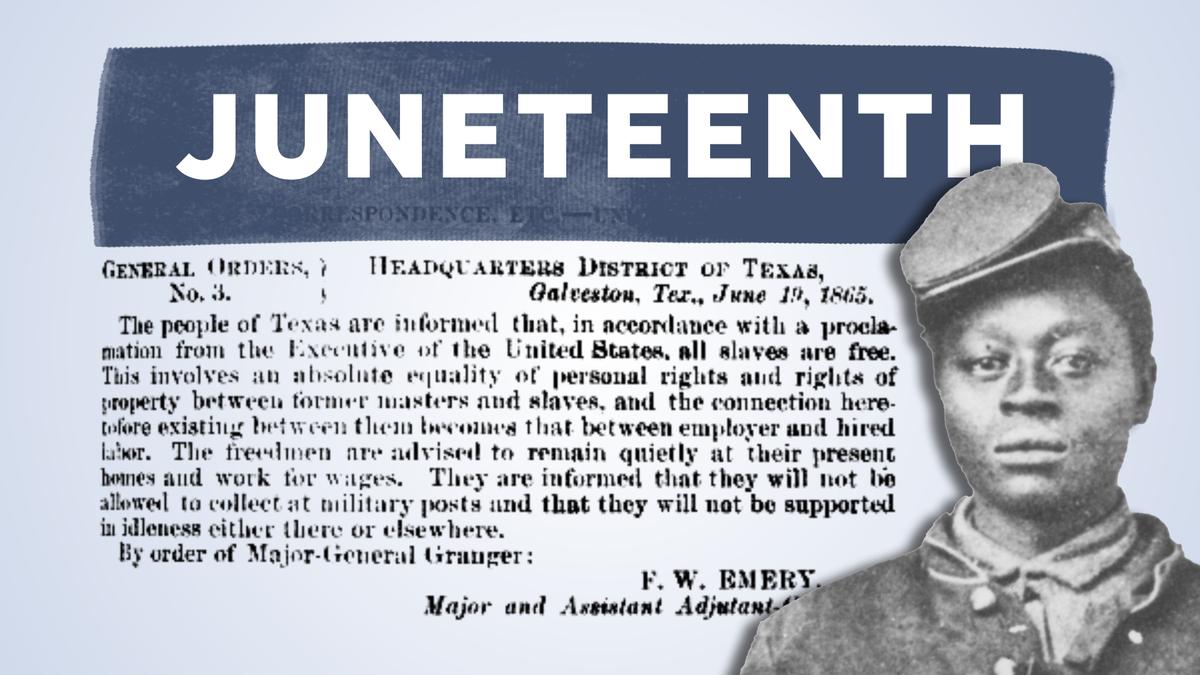
3 minute read
Drug Policies, Testing Methods Adapt to Growth in Cannabis Use
Editor's Note: This commentary is provided by the Medical Marijuana Education and Research Initiative (MMERI) of Florida A&M
Consider this hypothetical scenario: Two weeks ago, during a vacation in California, you lawfully purchased and consumed marijuana intended for adult use. But now you are back at work in Florida, where recreational cannabis remains illegal, and you have been chosen for a random drug test by your employer.
It is highly likely that your past marijuana usage, although legal at the time, would be detected by urine and hair follicle tests. A urine analysis can find traces of tetrahydrocannabinol (THC), the psychoactive component in cannabis, for up to 30 days following marijuana consumption, while a hair follicle sample offers up to 90 days of potentially incriminating evidence.
If your employer has a strict drug-free workplace policy, you could be fired regardless of the circumstances. The same consequence could happen even if you had legally used low-THC medical cannabis because employees with Florida medical marijuana cards are not protected by state law.
One commonly observed and blatantly obvious tactic individuals employ is intentionally showing up after the scheduled test date, allowing them more time to cleanse their system. Both Ms. Dobbins and Mr. Boutan have stopped attempts to use concealed drug-free urine samples
University
A particularly daring method used to cheat a urine test involves obtaining a urine sample from a non-user.
According to drug testing expert Zathan Boutan, employees whose job roles pose safety risks, such as those working in law enforcement and transportation, are often subject to random drug testing as a condition of employment, unlike employees in desk-bound positions.
“Oral fluid is one of the newer methodologies, and it goes back a day, possibly two if you're a heavy user,” says Kelly Dobbins, who has 25 years of experience in administering drug and alcohol tests for public and private employers, courts and the federal government.
“Oral fluid is one of the newer methodologies, and it goes back a day, possibly two if you're a heavy user,” says Kelly Dobbins, who has 25 years of experience in administering drug and alcohol tests for public and private employers, courts and the federal government.
One commonly observed and blatantly obvious tactic individuals employ is intentionally showing up after the scheduled test date, allowing them more time to cleanse their system. Both Ms. Dobbins and Mr. Boutan have stopped attempts to use concealed drug-free urine samples. A particularly daring method used to cheat a urine test involves obtaining a urine sample from a non-user.
The name "Juneteenth" is a blend of "June" and "nineteenth" and is commonly believed to have originated from the date of General Granger's proclamation. However, it is essential to note that different variations of the name were used, such as "Jubilee Day," "Freedom Day," or "Emancipation Day," dependingontheregion.

In the years following the first Juneteenth celebration, African American communities across the United States embraced the holiday as an annual occasion to honor their ancestors' struggles and celebrate their freedom. Juneteenth gatherings often featured spiritual and religious ceremonies, readings of the Emancipation Proclamation, singing, dancing, and communal meals. These celebrations served as a testament to the resilience and determination of African Americans despite thechallengestheyfacedduringReconstructionandbeyond.
During the late 19th and early 20th centuries, Juneteenth celebrations faced challenges as African Americans encountered continued racial segregation and disenfranchisement. Nevertheless, the significance of the holiday endured, and it became an essential part of African Americanculturalheritageandidentity.
The Civil Rights Movement of the 1950s and 1960s saw a resurgence of interest in Juneteenth. The fight for civil rights and equality, led by prominent activists such as Dr. Martin Luther King Jr., further emphasized the importance of acknowledging the struggles and achievements of African Americans. Juneteenth became a platform for advocating civil rightsandpromotingAfricanAmericanhistoryandculture.

In the 21st century, Juneteenth gained more widespread recognition and support. Many states officially recognized Juneteenth as a state holiday or observance. The efforts of activists and community leaders also led to a push for national recognitionofJuneteenthasafederalholiday.
On June 17, 2021, Juneteenth was officially designated as a federal holiday after the U.S. Senate and House of Representatives passed legislation, and President Joe Biden signed it into law. This historic milestone marked the first new federal holiday since Martin Luther King Jr. Day was establishedin1983.
Juneteenth's recognition as a federal holiday underscores its cultural and historical importance, not only to the African American community but to all Americans. It serves as a powerful reminder of the nation's complex history and the ongoingstruggleforequalityandjustice.
Juneteenth is celebrated with a blend of traditional festivities and educational events that highlight African American history, achievements, and contributions. The holiday continues to be an opportunity for reflection, education,andunity,aspeoplefromallbackgroundscome together to commemorate the end of slavery and to embrace the principles of freedom, equality, and respect forallindividuals.










